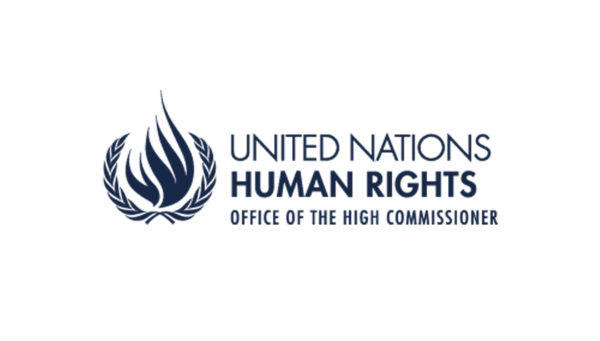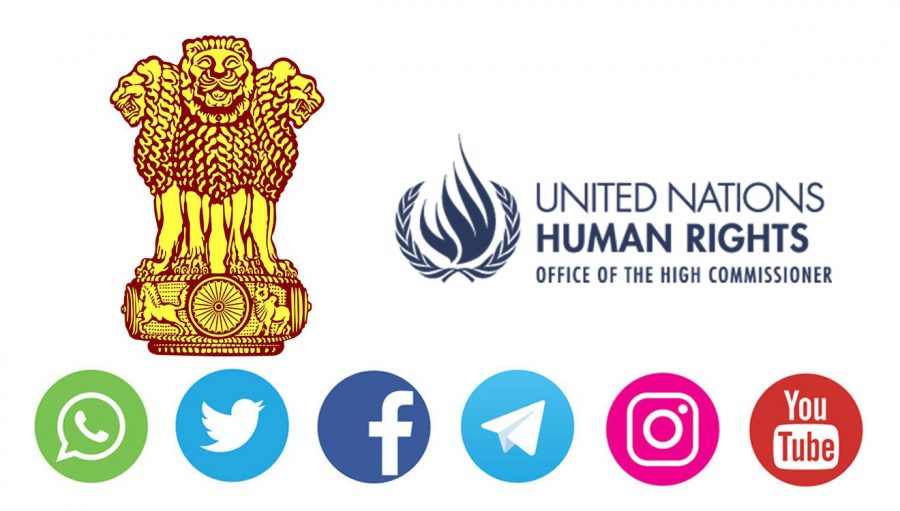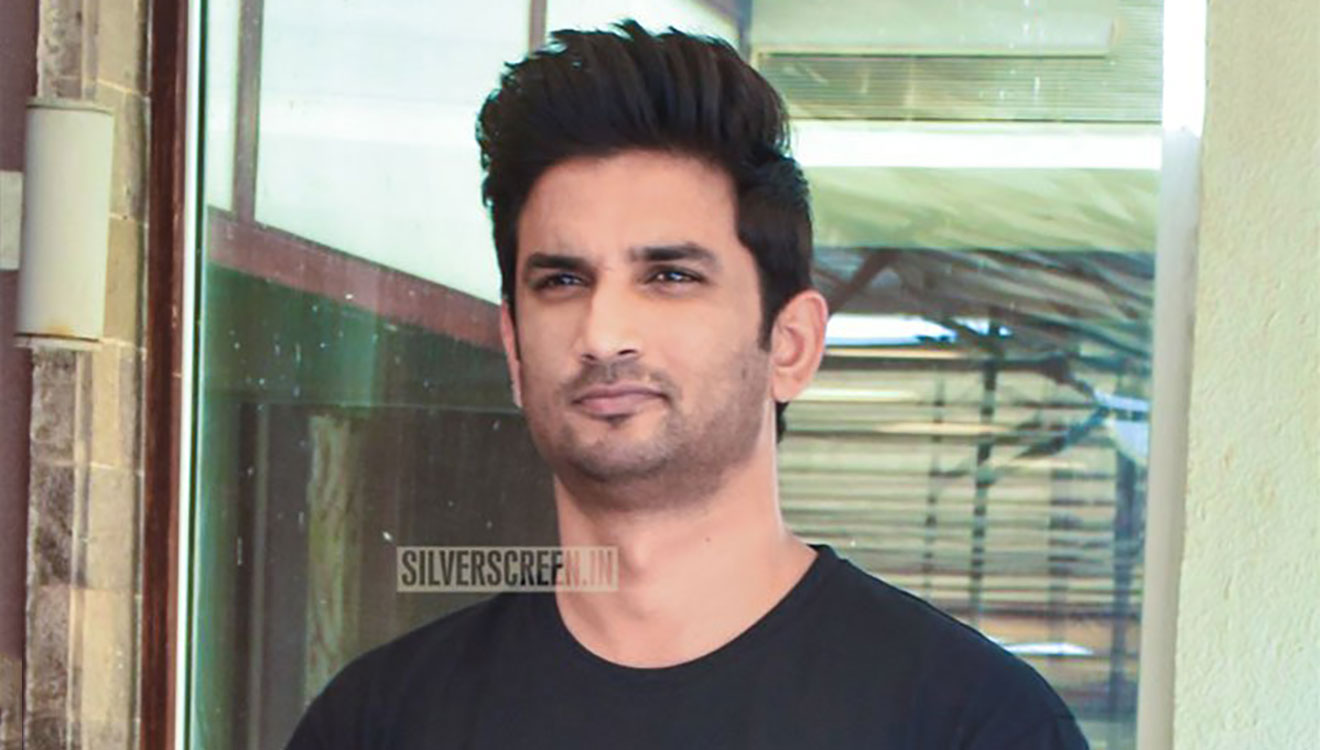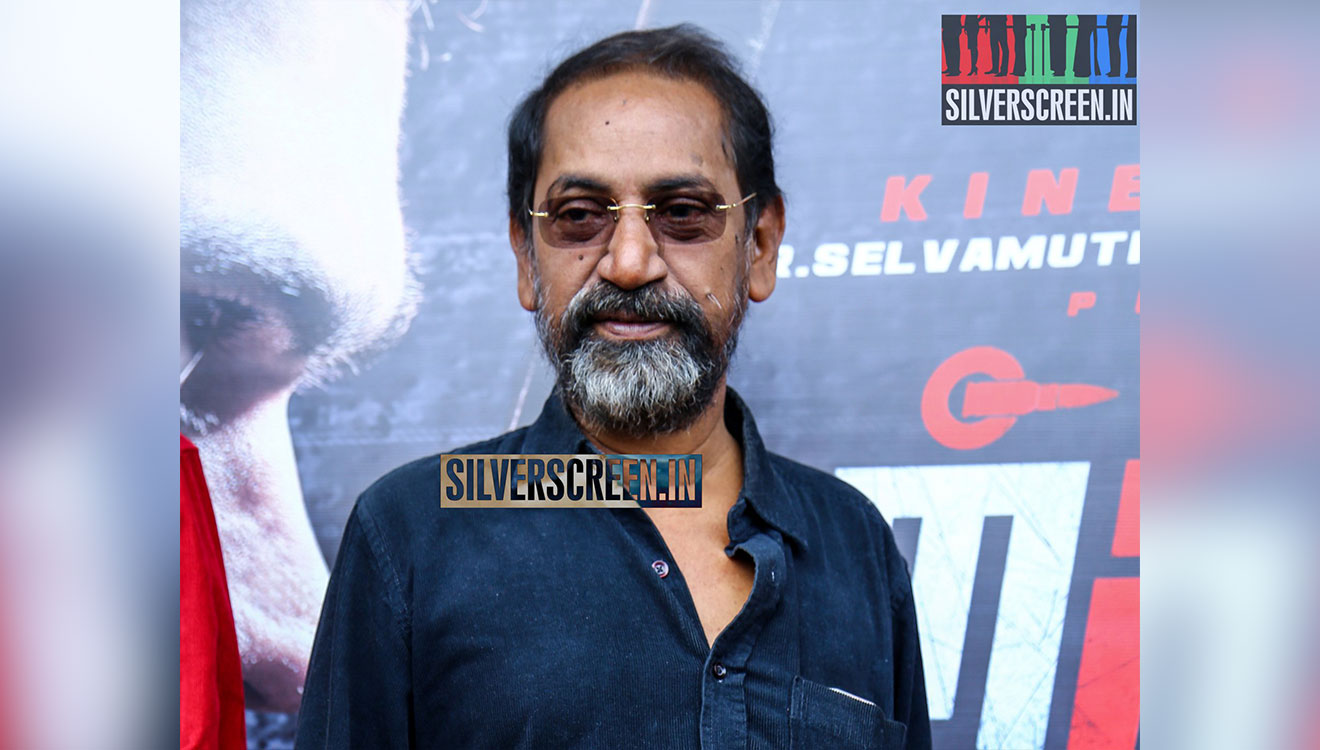The Permanent Mission of India to the United Nations Office and other international organisations in Geneva has responded to the concerns raised by the Special Procedures Branch of the Human Rights Council regarding the new IT Rules, 2021 issued by the Indian government.
“The Rules are designed to empower ordinary users of social media. The victims of abuse at social media platforms shall have a forum for redressal of their grievances,” read the statement released by the Centre on June 20.
On February 25, India’s Ministry of Electronics and Information Technology (MeitY) announced the Intermediary Guidelines and Digital Media Ethics Code Rules to regulate content on OTT platforms, social media intermediaries and digital news media.
According to the new IT Rules, which came into effect on May 26, social media intermediaries, including WhatsApp, Facebook, Instagram, Twitter and YouTube, have to establish a ‘grievance redressal mechanism’ for receiving and resolving complaints from users or victims and must remove or disable access to sensitive content attacking a person’s modesty within 24 hours of the receipt of the complaint. It will have to identify the originator of disputed content without providing any information to the originator.
The new IT Rules also mandate social media intermediaries to appoint officers who are Indian citizens to key compliance roles that have oversight over the additional due diligence required for removal of content. Abiding by the new IT Rules will also hold “significant” social media intermediaries accountable to Indian laws, and in case they fail to adhere to the code, it will lead to their loss of protection from lawsuits and criminal prosecution.

On June 11, the Special Procedures Branch of the Human Rights Council issued a statement raising concerns over a number of provisions in the new IT Rules and stating that it “does not conform with international human rights norms.”
Penned by the Special Rapporteur, the statement read, “We are concerned that these new rules come at a time of a global pandemic and of large-scale farmer protests in the country, where the enjoyment of the freedom of opinion and expression, including the right to receive information, and the right to privacy, is particularly important for the realisation of several other civil, cultural, economic, political and social rights.”
The statement particularly raised concern that the terms used to define objectionable content — which include “threatens the unity of India”, “is patently false and untrue”, among others — are “overly broad and lack sufficiently clear definitions and may lead to arbitrary application” and stated that the obligations on companies to monitor and rapidly remove user-generated content is “likely to undermine the right to freedom of expression.” It also pointed out that the requirement to identify first originator of content “may compromise the right to privacy of every Internet user.”
Recommended
It further asked the Centre to take all necessary steps to carry out a detailed review of the new IT Rules and to consult with all relevant stakeholders, “including civil society dealing with human rights, freedom of expression, privacy rights and digital rights.”
In response to the concerns, the Indian government said that the Ministry of Electronics and Information Technology (MeitY)and Ministry of Information and Broadcasting (MIB) “undertook broad consultations in 2018 with various stakeholders, including individuals, civil society, industry association and organisations and invited public comments to prepare the draft Rules. Thereafter, an inter-ministerial meeting had discussed in detail the comments received” and, accordingly, the Rules were finalised.
“The Permanent Mission of India would also like to highlight that India’s democratic credentials are well recognised. The right to freedom of speech and expression is guaranteed under the Indian Constitution. The independent judiciary and a robust media are part of India’s democratic structure,” the statement further read.



